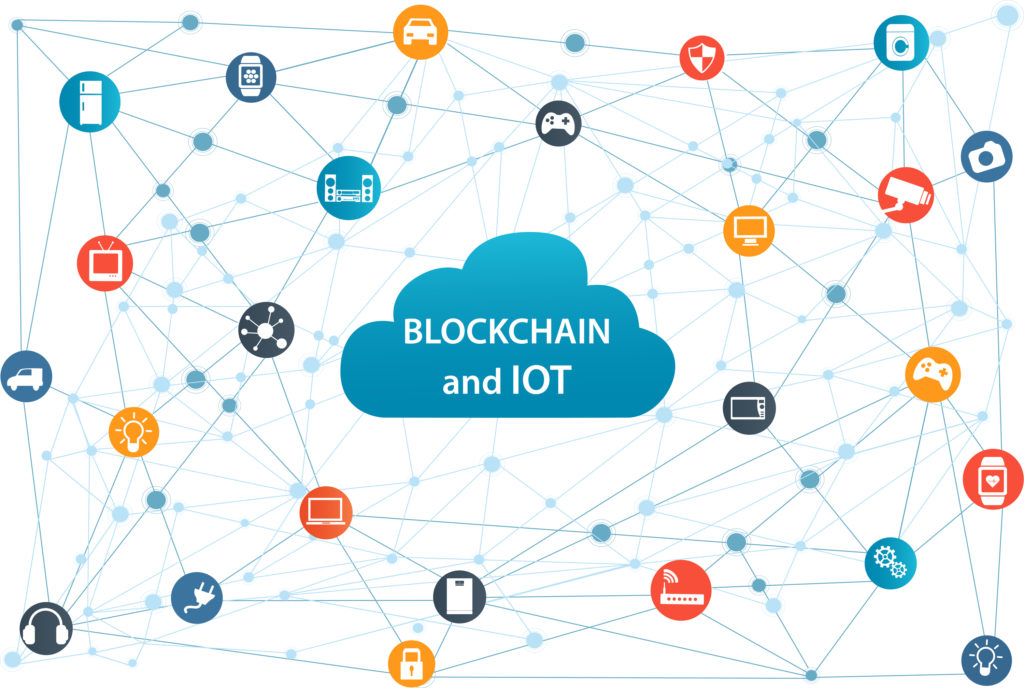The Internet of Things (IoT) is still humming along, but high deployment failure rates and IoT-enabled cyber threats are definitely putting a damper on it. Security, privacy and identity verification remain foundational concerns.
Still, IoT is not going away. In fact, it’s a necessity for doing business in the modern world.
Despite the core complexity and security risk, IoT adoption continues to accelerate. Consumers demand the connectivity, convenience and personalization that IoT offers, leading analysts to forecast nearly $15 trillion in aggregate IoT investment by 2025.
Along Comes Blockchain
The cryptographically secured, immutable distributed ledger technology and consensus of blockchain may help deliver on the promised benefits of IoT. Blockchain-based solutions have merit and bring real value to the table. Forbes reports that these solutions could enhance IoT frameworks with more automated resource optimization and innate security by providing:
- A distributed system of record for sharing data across a network of key stakeholders.
- Embedded business terms for automating interactions between nodes in the system.
- Hash-based security, verification of identity and provenance authentication.
- Consensus and agreement models for detecting bad actors and mitigating threats.
With these features, blockchain-enabled IoT deployment could improve overall system health and integrity by allowing devices to register and validate themselves against the network. Smart contracts would allow business logic to execute automatically. Plus, the decentralized nature of blockchain means that there’s no central system for a hacker to attack, so cyber threats can be deterred at different layers in the architecture.
While blockchain is not the answer to everything that is stalling IoT, applying a blockchain model in an IoT network could solve a host of real-world digital business issues, including secure software updates and automated payments. What we need is a new type of blockchain platform supporting the volume of devices involved in an IoT deployment, with capabilities that extend beyond the common models available today. A hybrid or polyglot architecture is likely to emerge, with varying frameworks customized to utilize blockchain differently at IoT’s edge, platform and enterprise layers.
What Happens Next?
 Blockchain is poised to be the greatest IT disrupter since the internet, disrupting IT networks in a variety of industries. Learn more about the future of blockchain in IoT, energy, healthcare, supply chain and finance at Advanced Blockchain for Enterprise, a live virtual event taking place December 4-5, 2018. The event will cover advanced blockchain concepts and innovative applications for managers, engineers and leaders.
Blockchain is poised to be the greatest IT disrupter since the internet, disrupting IT networks in a variety of industries. Learn more about the future of blockchain in IoT, energy, healthcare, supply chain and finance at Advanced Blockchain for Enterprise, a live virtual event taking place December 4-5, 2018. The event will cover advanced blockchain concepts and innovative applications for managers, engineers and leaders.
Get ready to explore how blockchain can be used to solve problems and create real value for your organization.



[…] apps in its ecosystem interoperable. The interoperability realized with blockchain can facilitate Internet of Things, which requires the seamless connection of various apps and […]